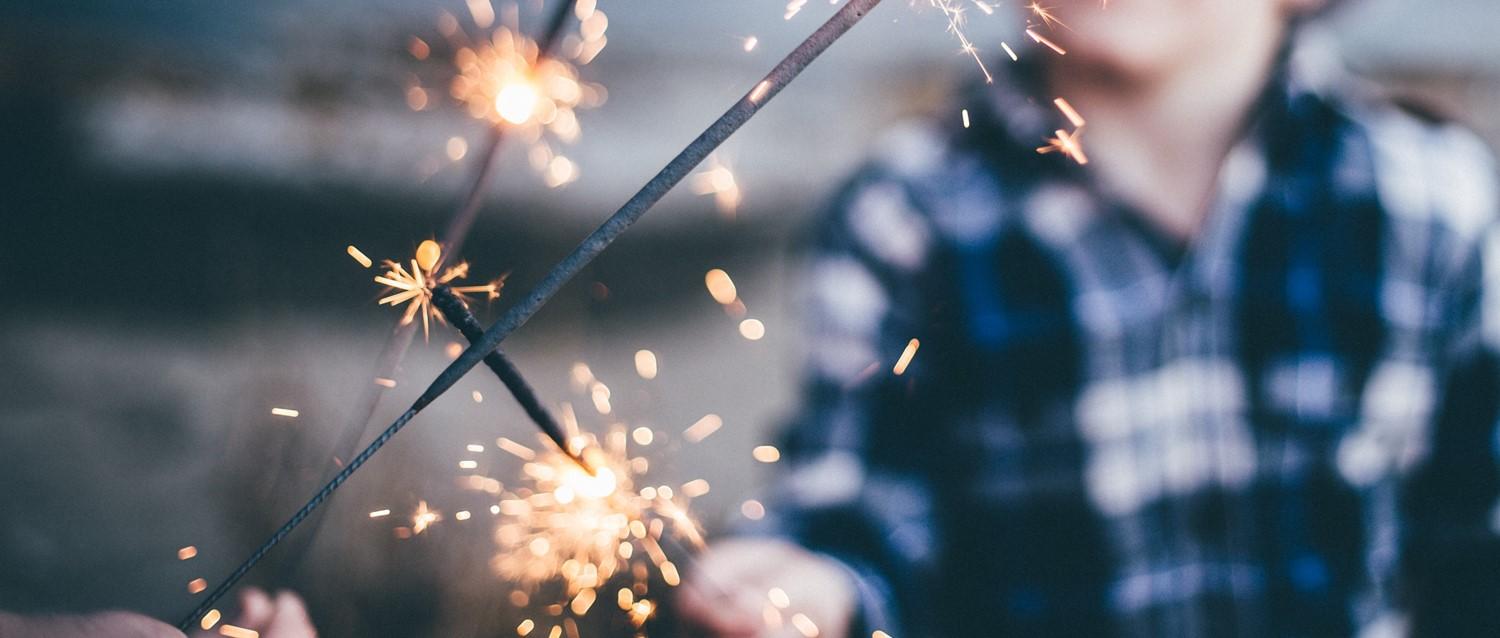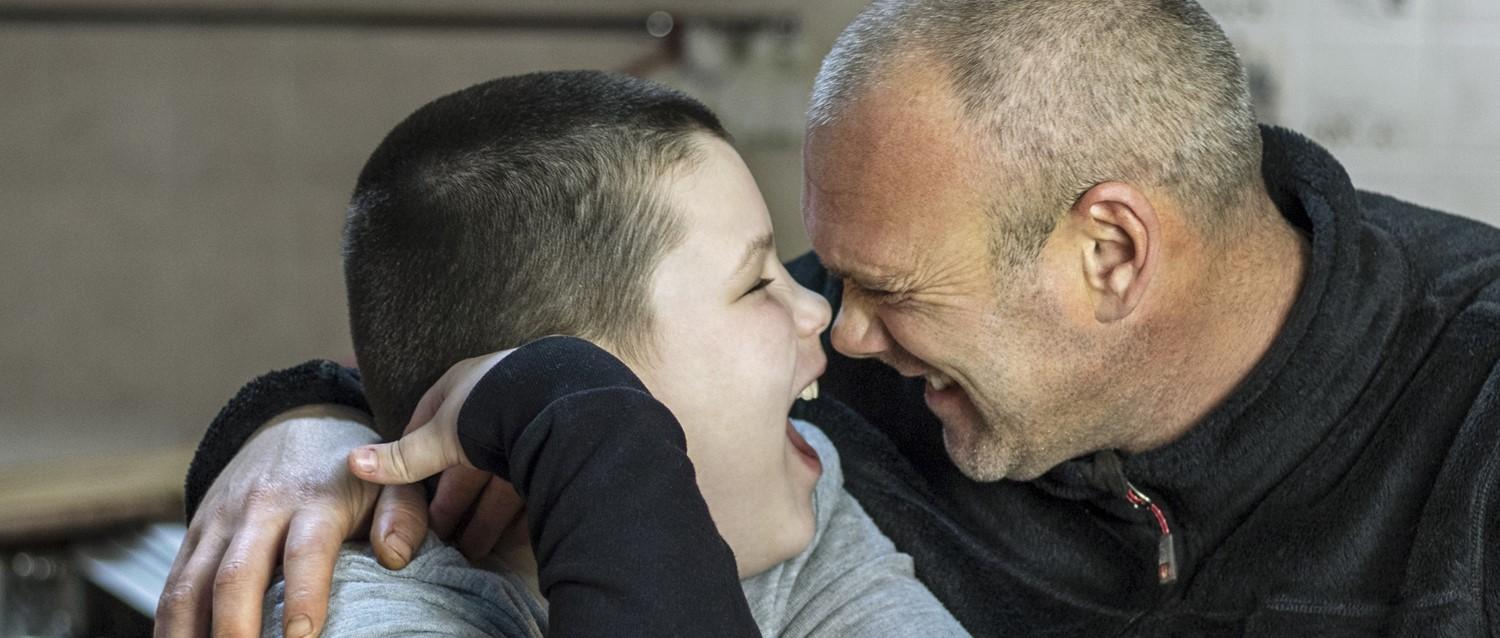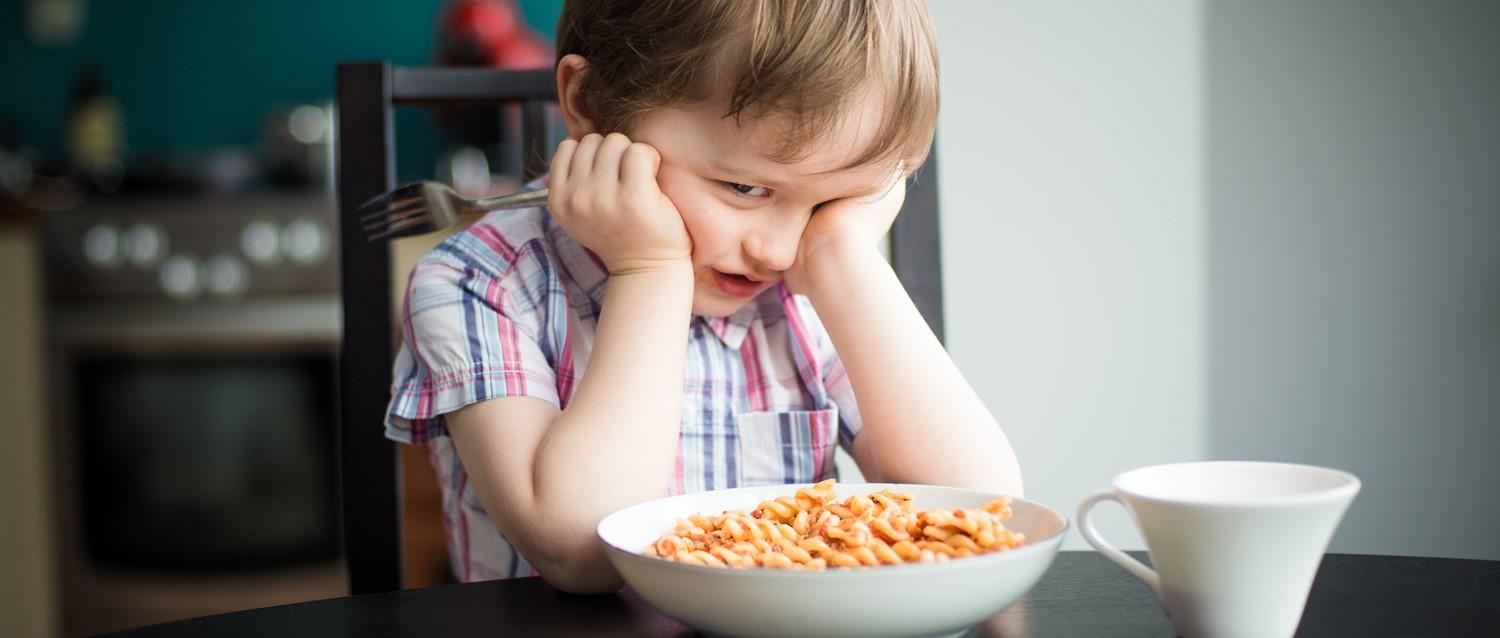
How to help your autistic child cope with Bonfire Night
Peer reviewed by Dr Sarah Jarvis MBE, FRCGPLast updated by Amberley DavisLast updated 31 Oct 2021
Meets Patient’s editorial guidelines
- DownloadDownload
- Share
- Language
- Discussion
Many autistic children enjoy Bonfire Night, but for some the unexpected loud bangs and bright lights from fireworks can cause sensory overload, and trigger anxiety, or result in physical pain. What can parents do to make their Bonfire Night autism friendly?
In this article:
Across the UK, households and public events will soon be burning Guy Fawkes and enjoying a night of dazzling, noisy firework displays. But some of the one in one hundred children and adults with autistic spectrum disorder (ASD) struggle to cope.
Continue reading below
Autism, anxiety, and sensory overload
"Bonfire night is an exciting time of year for lots of people, including many autistic children and adults," explains Peter Watt, director of national programmes at the National Autistic Society.
"But the unexpected flashes and loud noises from fireworks can be really overwhelming for some autistic people and trigger intense anxiety - it can even be physically painful, for instance if you have an extreme sensitivity to noise or light."
Autistic people and anxiety on Bonfire Night
There is a strong relationship between autism and anxiety, with research suggesting that as many as 40% of autistic people are believed to also have at least one anxiety disorder. For some autistic people, the noisy, unexpected and unpredictable nature of firework displays can cause anxiety and stress.
Sensory overload and Bonfire Night
A large number of autistic people are also living with sensory issues which make them either under-sensitive or over-sensitive to certain sights, sounds, smells, or textures. In fact, in one study 69% of a group with autism were found to display symptoms of sensory sensitivity.
Those who have an over-sensitivity to sound and sight may experience:
Sounds becoming magnified, distorted, and muddled.
An ability to hear sounds from a great distance.
An inability to cut out sounds, especially background noise.
Bright lights becoming distorted and appearing to jump around.
Difficulty getting to sleep due to sensitivity to light.
Whether an autistic person is feeling anxious or not, over-sensitivity to the loud bangs and bright lights of fireworks can overpower their ability to control themselves, and even cause them physical discomfort or pain.
Good planning for an autism friendly Bonfire Night
Being a parent or guardian of an autistic child who feels overwhelmed and anxious around fireworks is difficult. As these firework displays take place across the UK in many people's gardens and at public events, it can sometimes be impossible to block them out completely.
"But good planning and communication can help everyone to navigate many of these difficulties and be a part of Bonfire Night," advises Watt.
"Simple changes, like agreeing a plan for the evening or giving advance warning to autistic neighbours if you're releasing fireworks at home, can make all the difference. For autistic children and adults, wearing headphones or ear defenders, or even watching firework displays on television, can help to ease stress and anxiety.
"Every autistic child and adult is different, so they must be involved in all planning. We have lots more Bonfire Night tips and information on our website."
Continue reading below
Ways to help your autistic child cope with fireworks
There are a number of measures you could try which may make Bonfire Night a more positive experience for your child.
Communicate with your child
Explain what the celebration is about and what they may expect on the days leading up to it and on the night itself. This may involve helping your child to write a positive social story about what they may experience so that they feel prepared.
Agree a plan for Bonfire Night
Involve your child in the planning. This can help them to feel prepared and make the fireworks feel less unexpected and unpredictable.
If you're planning your own fireworks display, find out as much about the fireworks as possible, including how they will look and sound, and plan when to set them off, so that you can explain to your child what to expect.
Talk through firework safety
If you're having your own display, talk through the safety rules with your child and explain how you are following safety measures. This can be a good idea if your child's anxiety stems from a fear of getting hurt.
Purchase ear defenders
These can block out or reduce the impact of the noise on your child's ears. This may soothe your child's anxiety or, if they experience sensory sensitivities, this can reduce the symptoms. There are also noise-cancelling headphones which block out noise but still allow speech to be heard, which can be reassuring.
Watch television
Television may drown out or distract your child from local firework displays. Your child may even be happy to watch televised fireworks, which has been shown to ease stress and anxiety in some cases.
Provide comfort items
Snacks, drinks and other comfort items that soothe your child can provide a nice distraction and help to keep them feeling calm.
Lead by example
Being a calm and positive presence for your child during a fireworks display can help to ease their anxiety.
Plan bedtime
Setting a soothing bedtime routine for your child can reduce their stress. This may include an earlier bedtime for young children so that they can sleep through a lot of the noise. The routine could also include a relaxing bath, calming music and reading a favourite story.
Patient picks for Autism spectrum disorders

Brain and nerves
Debunking autism myths
A YouGov poll commissioned by charity Autistica revealed a wide lack of understanding and knowledge about autism across the UK. Key findings show that nearly 30% of adults in Britain are unsure whether autism can be cured, and over a third (35%) believe it to be a learning disability.
by Emily Jane Bashforth

Brain and nerves
How to tackle eating problems in children with autism
Parents of children with autism often find mealtimes incredibly challenging. This is because those on the autistic spectrum can be very restrictive about the foods they choose to eat, in some cases limiting themselves to only a few different types. This can lead to weight loss or gain, and deficiencies in certain nutrients in the long term.
by Rose Constantine Smith, ANutr
Continue reading below
Article history
The information on this page is peer reviewed by qualified clinicians.
31 Oct 2021 | Latest version

Ask, share, connect.
Browse discussions, ask questions, and share experiences across hundreds of health topics.

Feeling unwell?
Assess your symptoms online for free
Sign up to the Patient newsletter
Your weekly dose of clear, trustworthy health advice - written to help you feel informed, confident and in control.
By subscribing you accept our Privacy Policy. You can unsubscribe at any time. We never sell your data.